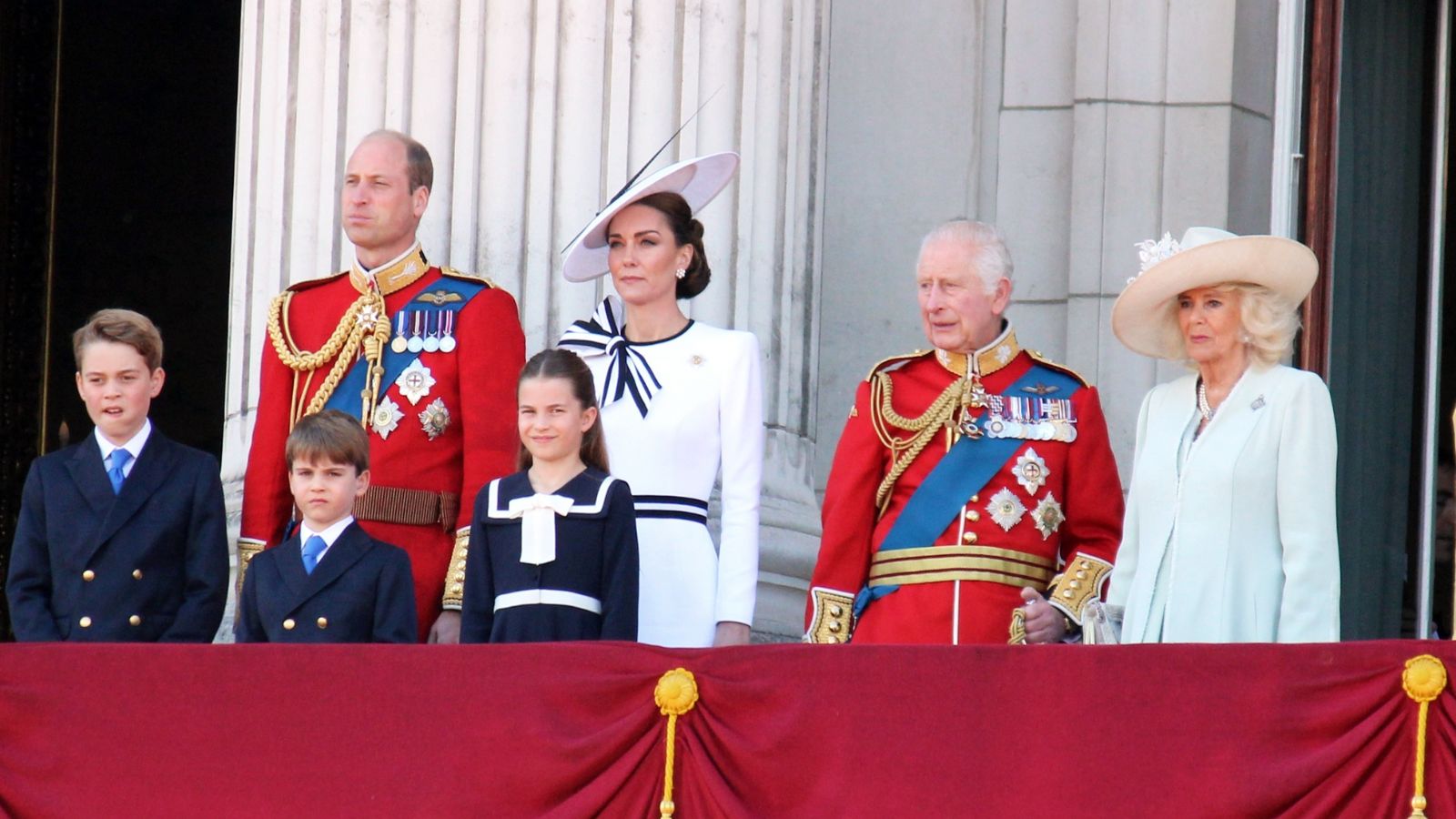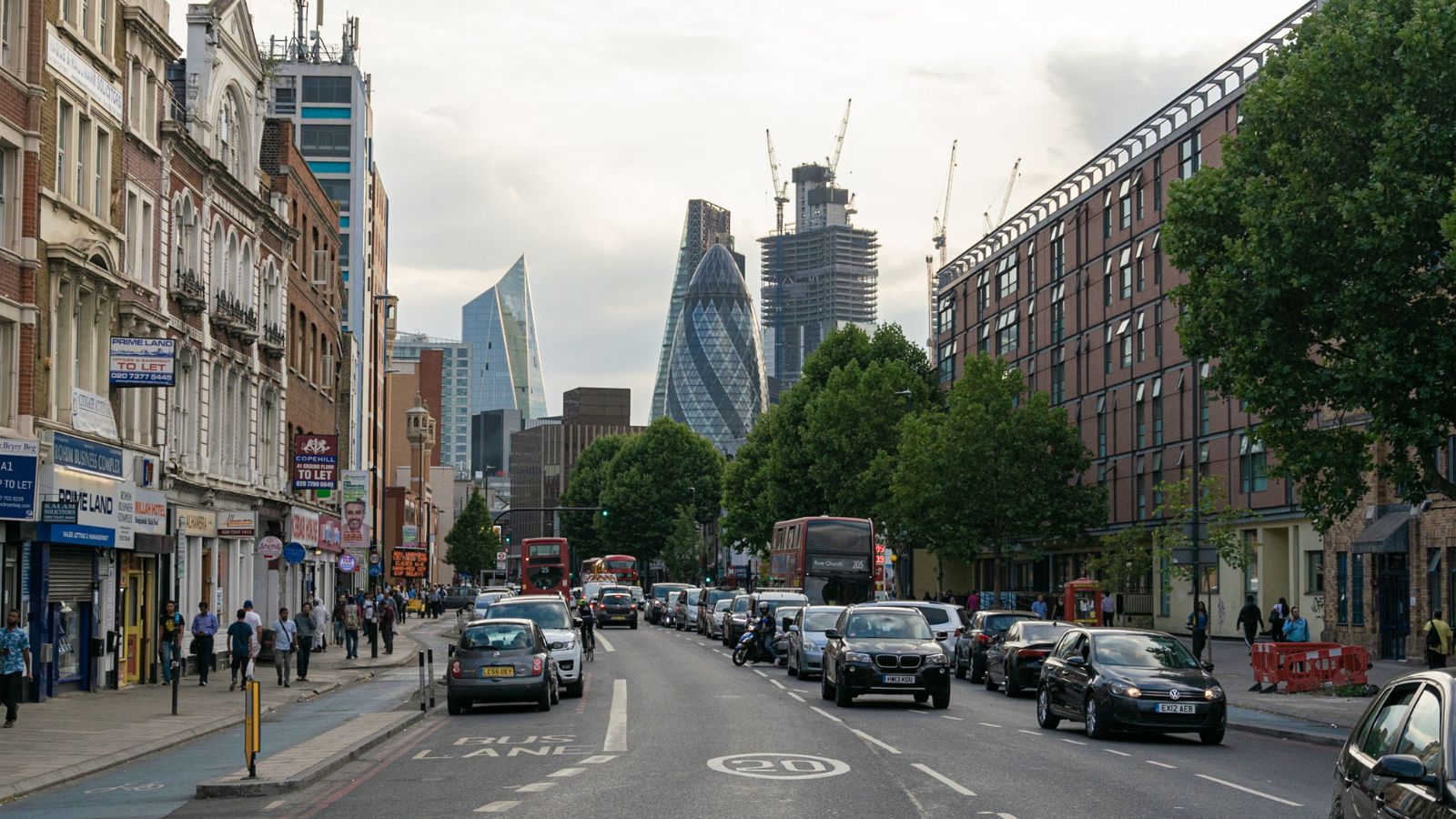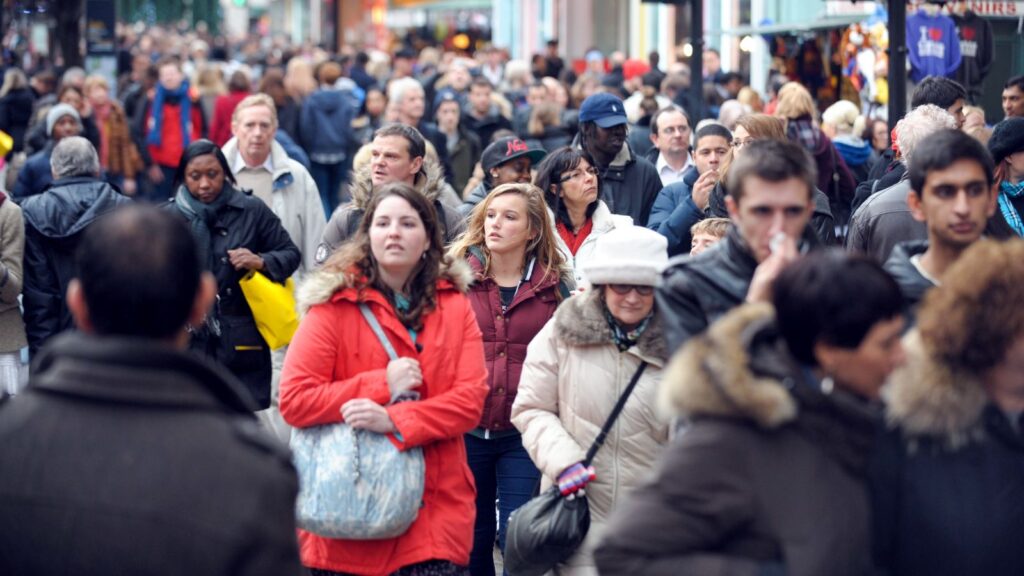The UK is often seen as a modern, progressive country, but old habits die hard when it comes to the class system. Despite living in the 21st century, the class divide continues to influence everyday life, and in this article, we’ll explore 18 reasons why the class system still prevails today.
Deep-Rooted Historical Traditions

“Before the Industrial Revolution, British society was divided into groups depending on what kind of family you were born into,” says Great British Mag. The UK’s class system has been shaped over centuries, deeply entrenched by its history. These traditions have been passed down through generations, with titles and lands often staying within the same families.
The Education System

Education in this country often reinforces class divisions rather than breaking them down. Prestigious private schools, often referred to as public schools in the UK, are accessible primarily to those who can afford the high fees, creating a pathway to top universities and influential jobs.
Social Mobility Challenges

Social mobility, or the ability to move between social classes, remains a significant challenge in the United Kingdom. While some people do rise from humble beginnings to achieve success, the majority find it difficult to break free from the class into which they were born. Various barriers, such as unequal access to education, networks, and job opportunities, make upward mobility rare.
Inherited Wealth and Property

Wealth and property are often passed down through generations, making it easier for certain families to remain in the upper echelons of society. Inheritance laws in the UK allow for the transfer of substantial wealth, including property and investments, from one generation to the next, often with favourable tax conditions.
The Role of the Monarchy

The British monarchy, while largely ceremonial, plays a significant role in maintaining the class system. The existence of a royal family, with its titles, honours, and privileges, is a constant reminder of the hierarchical nature of British society. The monarchy upholds the idea that some people are born into positions of power and privilege, reinforcing the notion of a class-based society.
Class in the Media

The media in the UK often perpetuates class distinctions, both subtly and overtly. Popular television shows, films, and newspapers frequently depict characters and stories that highlight class differences, whether through posh accents, luxurious lifestyles, or the struggles of working-class families. These portrayals can reinforce stereotypes and social divides.
The Influence of Networking

Within the United Kingdom, who you know can be just as important as what you know, and networking plays a crucial role in securing jobs—especially in elite professions such as law, politics, and finance. Often, these networks are built through educational institutions, social clubs, and family connections, which are more readily available to those from higher social classes.
The Housing Market

The housing market is another area where the class system is evident. Property prices, especially in desirable areas such as central London, are astronomical, putting them out of reach for many. This has led to a situation where only the wealthy can afford to live in certain parts of the country while others are pushed to less affluent areas.
Occupational Stratification

Certain jobs are often associated with particular social classes. For example, professions such as doctors, lawyers, and bankers are typically seen as upper- or middle-class jobs, while manual labour and service industry jobs are associated with the working class. These occupational stereotypes can limit people’s career aspirations and reinforce class boundaries.
Cultural Capital

Cultural capital—which includes education, taste, language, and mannerisms—plays a significant role in maintaining the country’s class system. Those from higher social classes often possess cultural knowledge and social skills that are valued in elite circles. These can include knowing how to dress for certain events or understanding art, literature, and etiquette.
Social Clubs and Institutions

A hallmark of the British class system has been exclusive social clubs and institutions. These clubs, often located in prestigious areas and boasting a long history, are accessible only to those who meet certain criteria. This includes wealth, status, and connections, and membership in such clubs can reinforce social ties among the upper class.
The Impact of Regional Differences

The UK is marked by significant regional differences, which often correlate with class distinctions. For example, London and the South East are generally wealthier and more prosperous, while parts of the North and other regions have faced economic challenges. These regional disparities can create a sense of “us versus them.”
The Role of Class in Politics

Class plays a significant role in politics, with political parties often appealing to specific social classes. The Conservative Party, for example, is traditionally associated with the upper and middle classes, while the Labour Party has historically been the party of the working class. Although these lines have blurred in recent years, the connection between class and political affiliation remains strong.
Social Stigma and Prejudice

In the United Kingdom, class-based prejudice and social stigma are still prevalent, contributing to the persistence of the class system. People from working-class backgrounds often face stereotypes that can affect their self-esteem and opportunities, while those from higher social classes may feel pressure to maintain their status.
The Impact of Austerity Measures

Austerity measures implemented over the past decade have disproportionately affected the working and lower-middle classes, deepening the divide between social groups. Cuts to public services, welfare, and social housing have hit the less affluent hardest, making it more difficult for them to improve their circumstances.
The Language of Class

Language and accents play a crucial role in the UK’s class system, as the way someone speaks, including their accent, vocabulary, and even tone, can often signal their social class. Received Pronunciation (RP), often referred to as “the Queen’s English,” is traditionally associated with the upper class and is often perceived as more prestigious.
The Impact of Globalisation

Globalisation has had a mixed impact on the class system. On the one hand, it has opened up new opportunities for some, particularly in the business and financial sectors, which have seen significant growth. However, on the other, these benefits have largely been enjoyed by those already in higher social classes who have the skills, education, and networks to take advantage of them.
The Reluctance to Address Class Issues

Finally, one of the main reasons the class system still prevails in the UK is the reluctance to openly address class issues. While discussions about race, gender, and sexuality have become more mainstream, class often remains a taboo subject. Many people, particularly those in higher social classes, may be uncomfortable acknowledging the advantages they enjoy.







